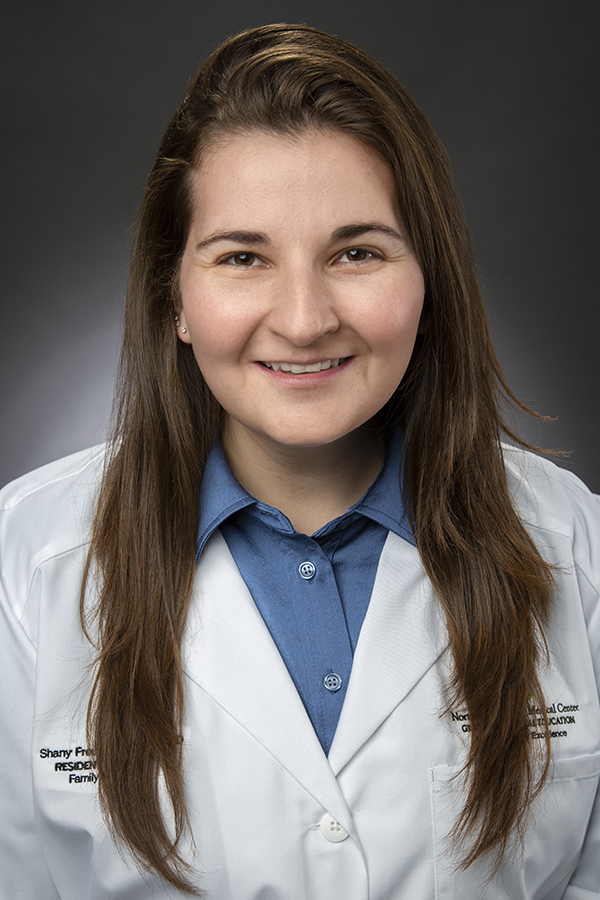What can I expect from my doctor and what is my doctor expecting from me?
Honest communication with your doctor is extremely important. It ensures that you receive medical care that is tailored for you. In order to explain what I mean by that, allow me to share a hypothetical scenario of a young, healthy 17-year-old female; we will call her Maggie.
Meet Maggie
Maggie comes to the doctor accompanied by her mother because she wants to start oral contraceptive pills to manage her acne and heavy periods. Her mother and doctor are on board with this plan.
At some point during the visit, the doctor asks the mother to step outside to allow his patient some space to discuss concerns she may want privacy for. Out of fear that the doctor will tell her mother later, the patient does not disclose to her doctor that she has vaped every day for the past three years. Eventually, the mother comes back into the room, and the doctor continues with the visit, going over the risks and possible side effects of oral contraceptive pills. The doctor states, “since you are not a smoker and are not at increased risk of blood clots, I will send in a prescription for oral contraceptive pills.” The patient freezes for a couple of seconds and internally panics. Is it too late to tell her doctor that she vapes? Would vaping pose the same risk as smoking?
The short answer is no, it is not too late to say something, and yes, vaping would still put her at risk. Why is this important? If the doctor knew the patient vapes, the doctor could have dedicated some time to discussing why smoking/vaping puts the patient at increased risk of blood clots if also starting on oral contraceptives. The doctor could have also given the patient alternative medication options that would be better suited for her specific case.
What does my doctor need to know in order to care for me as their patient?
It is vital that you are honest, communicate freely, and disclose all the information with your doctor. Don’t hold back any details. You never know how relevant a minute detail could be to a life-saving diagnosis or an alternate treatment plan that would be better for your symptoms or comorbid conditions.
Ultimately, your doctor needs to know the truth. If your doctor has all the facts, they’ll be better equipped to provide medical care tailored specifically to you.
Feeling comfortable with your doctor is extremely important. sometimes it may be necessary to see multiple doctors until you find the one that clicks with you. Regardless of whether you have found the doctor you click with or you are still searching, it is still extremely important to your health that you disclose all the details with them.
What can I expect from my doctor?
Patient-doctor confidentiality is the trusting relationship built between a patient and their doctor. As physicians, we are obligated to maintain the privacy of our patients. If the clinical setting the doctor creates for their patient is one of comfort and trust, the patient is more likely to feel open to sharing personal and vulnerable information, which is necessary for the doctor to correctly diagnose and treat health conditions.
Physician confidentiality implies that the communication between a patient and their doctor is privileged and, therefore, will not be disclosed, within the bounds of HIPAA. The only times confidentiality would be broken are when a patient is a danger to themselves or to others.
What is HIPAA?
The Health Insurance Portability and Accountability Act, more commonly known as HIPAA, is a federal law created in 1996 to protect patients’ health-related information. HIPAA states that a patient’s protected health information, or PHI, cannot be disclosed without their knowledge or consent. However, there are certain instances where PHI can be disclosed without the patient’s authorization. For example, when it is used for treatment, payment, and the operational aspects of medical care.
This law is the reason your doctor has you sign some HIPAA forms before your first visit; to make sure you know your rights and that we are all on the same page!
Does this apply to me if I am a minor?
Yes! If you are a teenager (or a parent of a minor) much like in the example above, your doctor will likely create an opportunity during your visit to speak to them alone without your parent present. Anything you tell your doctor during this time is protected by patient-doctor confidentiality and will not be discussed with your parent (unless it is regarding you wanting to hurt yourself or someone else). In these cases, confidentiality would be broken for an adult, too.
Generally, parental consent is needed for minors to receive medical treatment from a doctor; however, there are some exceptions under Georgia Law that allow teens to receive some medical treatments without a parent present. Examples include pregnancy, substance abuse, STDs, and emergency care. Learn more about receiving medical treatment as a minor.
Learn More
If you are ever in doubt and are not sure what information is important to tell your doctor, think back to Maggie from the hypothetical story above. I hope her story helps highlight the importance of honest communication with your doctor, and I hope it inspires you to tell your story in authentic detail.
Learn more about Northeast Georgia Health System’s HIPAA and Privacy Practices.



